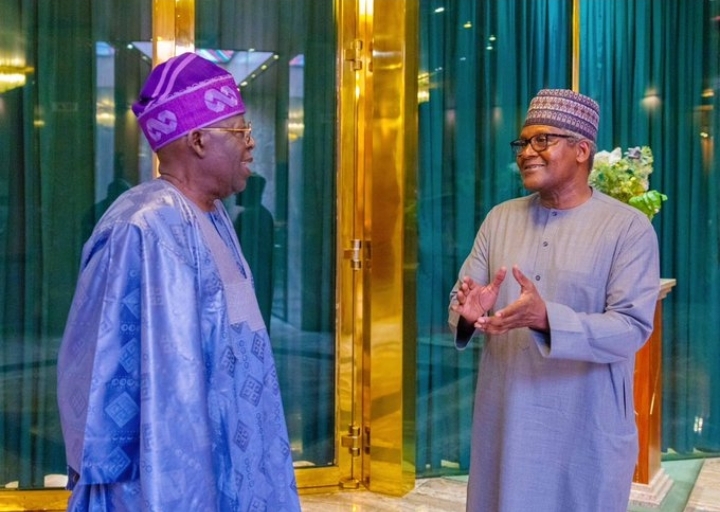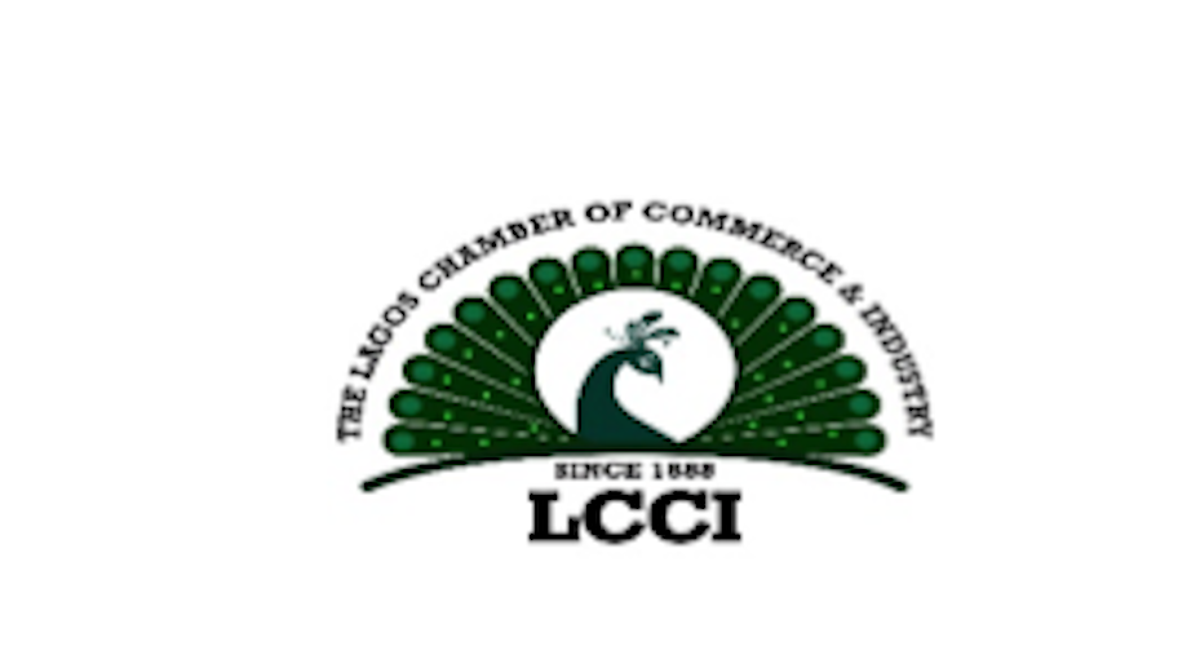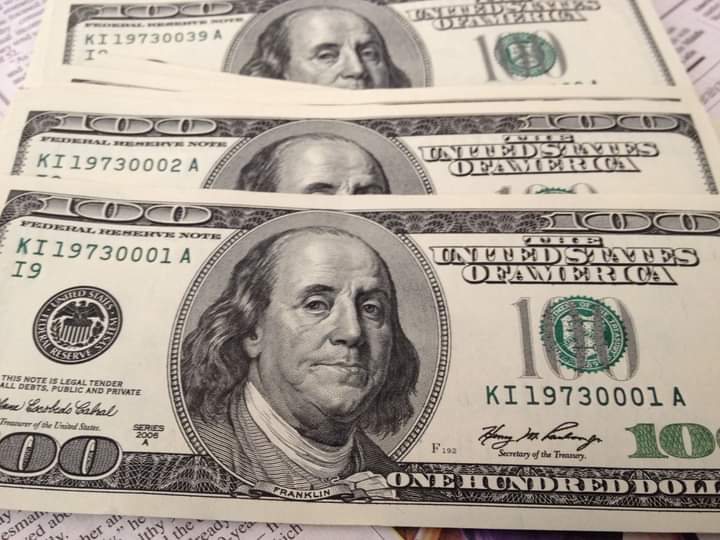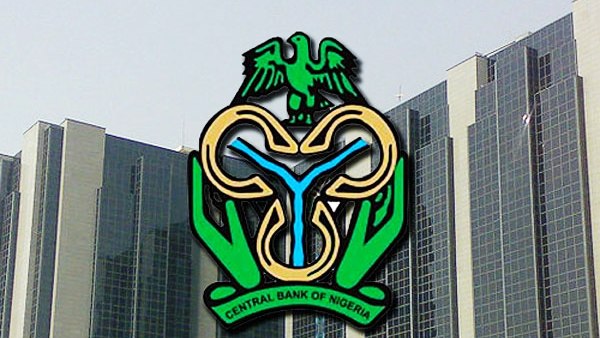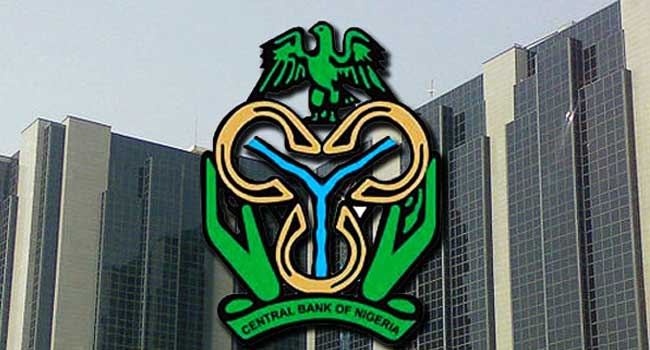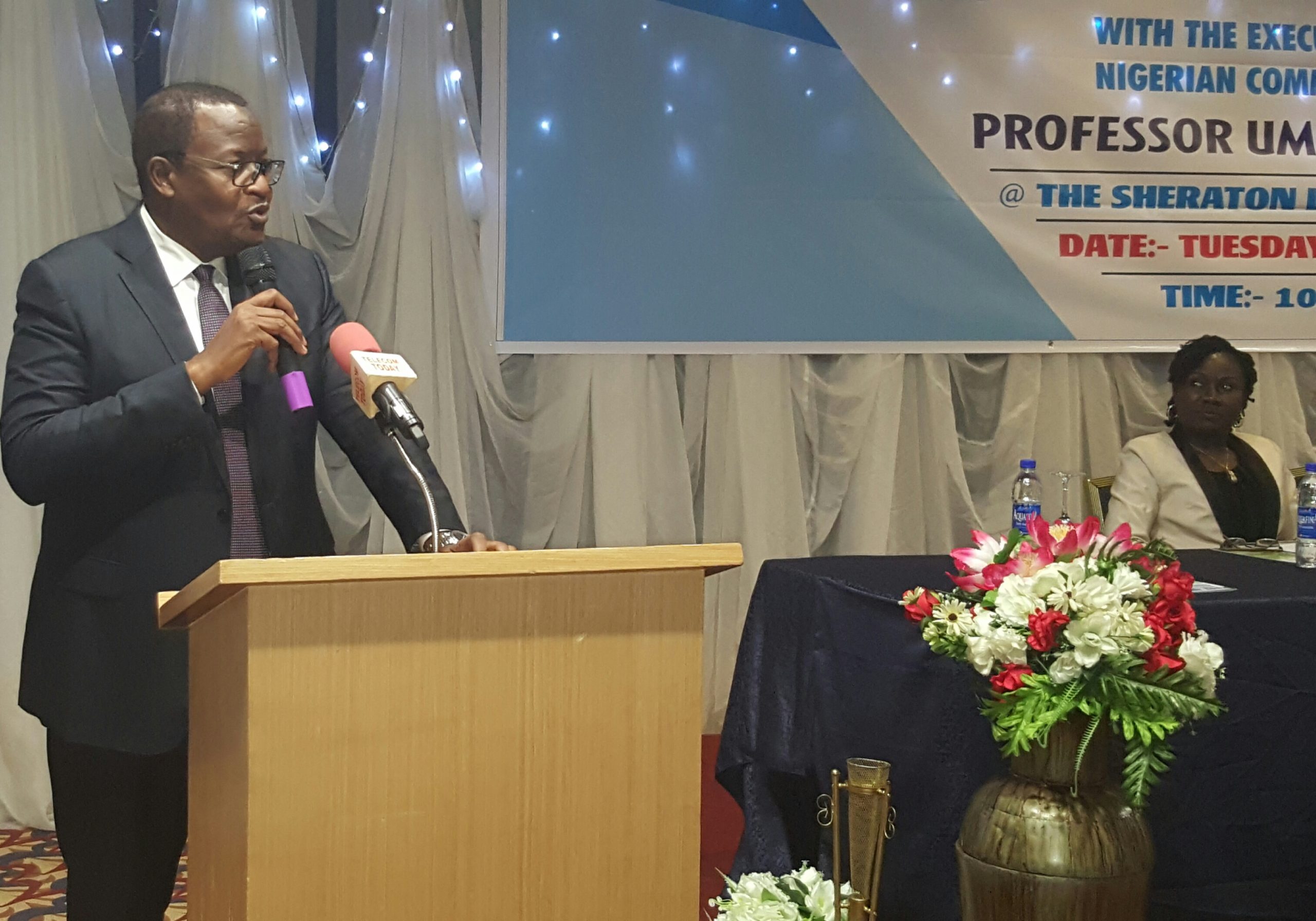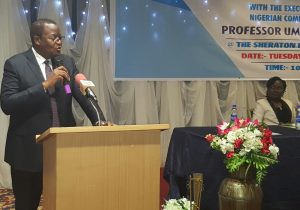Businessman and Africa’s richest person, Aliko Dangote, on Friday, paid a visit to President Bola Tinubu at the Presidential Villa in Abuja.
TheNewsGuru.com (TNG) reports this is coming after Bloomberg Billionaire Index (BBI) revealed that Dangote and some Nigerian billionaires lost fortunes in billions of Dollars, following the Central Bank of Nigeria’s (CBN) unification of exchange rate.
Recall that the CBN on Wednesday introduced a floating exchange rate system in the foreign exchange market by giving traders at the Import and Export (I&E) window the freedom in the exchange rate determination.
The floating exchange rate is a currency management system where the value of a currency, such as the Naira, is determined by market forces. Factors like commodity prices, interest rates, capital flows, and level of trade flow determine the exchange rate under the floating regime.
By this development, buyers and sellers of foreign currency in the official FX market are now allowed to quote rates they find comfortable in the FX market. This is against previous practice where rates were dictated by the CBN.
Following the new FX policy, the Naira on Thursday lost against the dollar at the Investors and Exporters window, exchanging N702.19 to the dollar.
The local currency depreciated by 5.75 per cent when compared with N664.04 for which it exchanged for the dollar on Wednesday.
The open indicative rate stood at N658.50 to the dollar on Thursday. An exchange rate of N791 to the dollar was the highest rate recorded within the day’s trading before it settled at N702.19.
The Naira sold for as low as 461 to the dollar within the day’s trading. A total of 70.72 million dollars was traded at the official Investors and Exporters window on Thursday.
However, the reason for the visit of Dangote to President Tinubu at the Villa is still unknown.
Following the CBN’s unification of exchange rate, Dangote and some other Nigerian billionaires, including Abdulsamad Rabiu listed among the 500 richest men in the world, lost more than a combined $5.85 billion, according to the BBI.
The index revealed that Dangote, President of Dangote Group, lost about $3.12 billion in the latest update, while Rabiu, CEO of BUA Group, was said to have lost $2.73 billion from his wealth in the first 24 hours after the float.
Speculations are rife that the CBN might begin to supply foreign exchange to the market in the coming days.
It was gathered that the CBN directed Deposit Money Banks to remove the rate cap on the naira at the official Investors’ and Exporters’ Windows of the foreign exchange market.
This came barely two weeks after President Bola Tinubu promised to unify the nation’s multiple exchange rates and less than a week before the suspension and detention of CBN Governor Godwin Emefiele, whose unorthodox monetary policies had become a stumbling block to investors and the economy.
The move has been hailed by some financial experts and economists who made it known that the move would unify the country’s multiple exchange rates and sanitise the FX market.
The development means buyers and sellers of foreign currency in the official FX markets are now allowed to quote rates they find comfortable in the FX market, as against the previous practice where rates were dictated by the Central Bank of Nigeria.
Meanwhile, at the parallel market on Thursday, the naira closed flat at 757/dollar, according to currency dealers in Kano, Abuja and Lagos.
